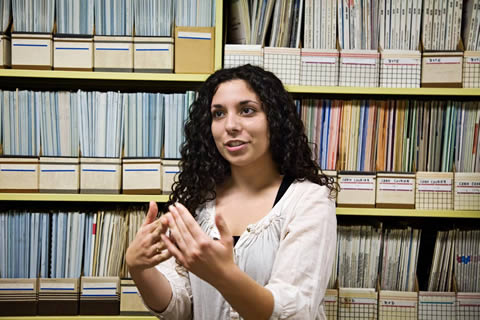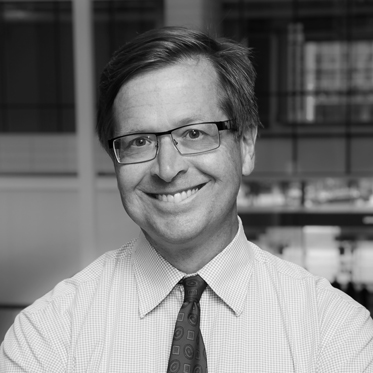For the world’s physicists, there’s a lot riding on experiments being conducted at an underground facility near Geneva, Switzerland. It is here, at the particle physics lab of the European Organization for Nuclear Research (CERN), that scientists hope to finally solve unanswered questions about the fundamental building blocks of the universe.
So it was big news when then-second-year physics student Aysha Abdel-Aziz learned she’d be travelling to Europe for the summer to work at CERN – as part of Woodsworth College’s Science Abroad program.
The program gives science students the same opportunity to study abroad that language, history and art students have long enjoyed, says Yvette Ali, Woodsworth College’s director of professional and international programs. At a time when international scientific collaborations are more common than ever, the program is intended to give science students a taste of living and working in a foreign country, often with scientists of many other nationalities.
Abdel-Aziz says that it was enlightening to work in Geneva with enthusiastic scientists from all around the world. She was impressed that her co-workers routinely continued their scientific discussions after work over dinner and wine. “CERN is such a great place for physics,” she says. “I feel you get to make an actual contribution.”
Working with U of T physics professors Pekka Sinervo and William Trischuk, Abdel-Aziz was part of a team seeking to improve the function of the particle detectors. The detectors are made of silicon, and when atoms are smashed together and fly apart the particles hit the strips and create an electric signal. But as energies get higher the resulting radiation quickly degrades the strips.
Abdel-Aziz helped with new detector strips, which are made of diamond. Because the signals transmitted by the diamond strips are weaker, the scientist had to figure out how to filter out noise that could mask them. Abdel-Aziz worked on software that addressed a component of the problem.
The experience has made her consider switching from theoretical to experimental physics. She’ll be able to give it more thought next summer – the CERN scientists have invited her back.
Recent Posts
U of T’s Feminist Sports Club Is Here to Bend the Rules
The group invites non-athletes to try their hand at games like dodgeball and basketball in a fun – and distinctly supportive – atmosphere
From Mental Health Studies to Michelin Guide
U of T Scarborough alum Ambica Jain’s unexpected path to restaurant success
A Blueprint for Global Prosperity
Researchers across U of T are banding together to help the United Nations meet its 17 sustainable development goals






